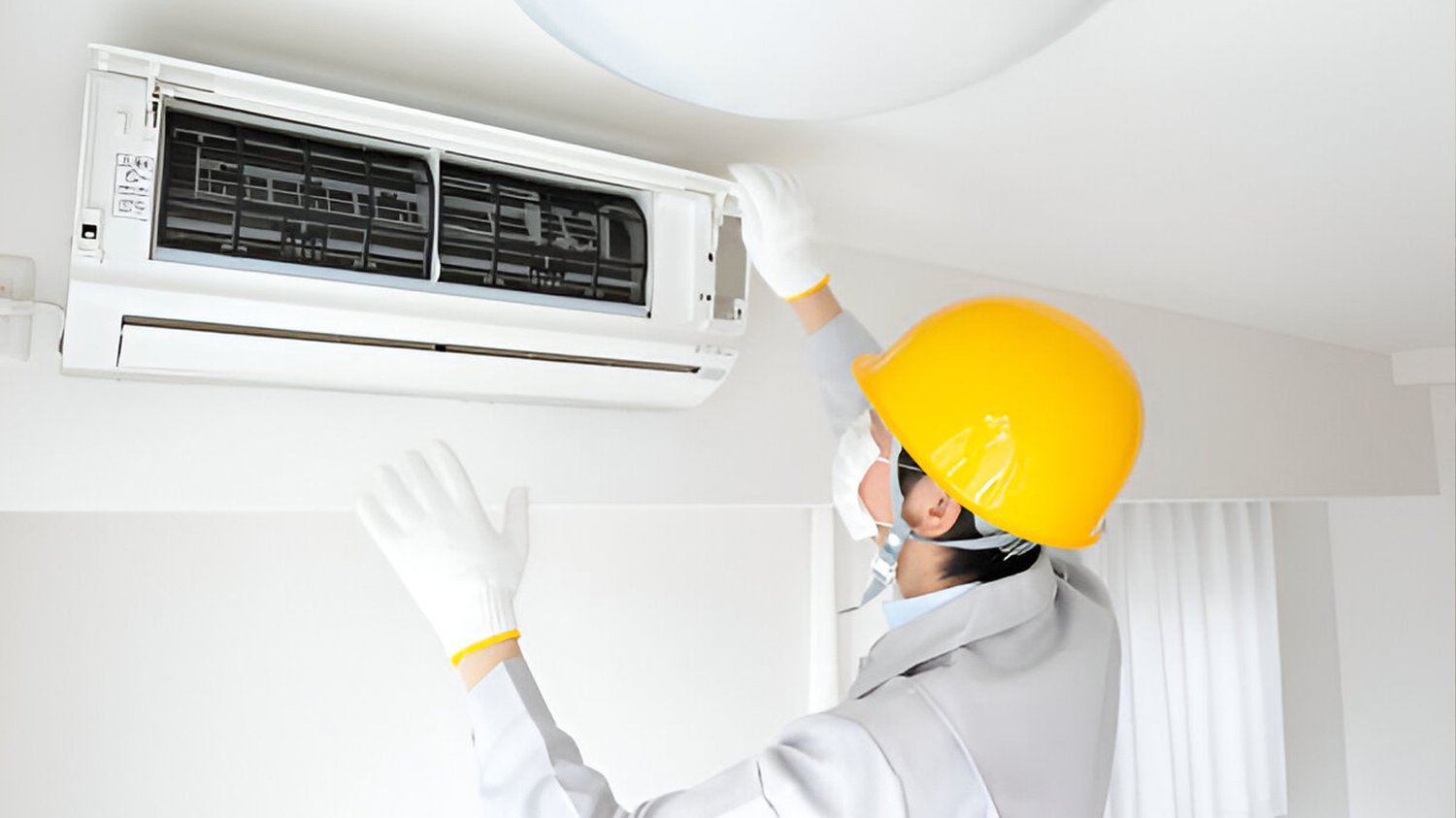Air Conditioning Parts: Understanding the Basics for Better Maintenance
The Compressor
The compressor is the heart of your air conditioning system. It's responsible for compressing the refrigerant and circulating it through the system. A malfunctioning compressor can reduce the system's efficiency and even lead to its failure. Proper maintenance of the compressor includes keeping it clean and checking its oil levels regularly.
The Condenser
The condenser is responsible for releasing the heat from the compressed refrigerant. It's usually located outside and can get clogged with dirt, leaves, and other debris. Cleaning the condenser coils regularly can prevent it from overheating and improve the system's efficiency.
The Evaporator
The evaporator is responsible for absorbing the heat and moisture from the air in your home. It's located inside and can get clogged with dust and debris, reducing its efficiency. Cleaning the evaporator coils regularly can prevent the system from expending more energy than necessary and save you on energy bills.
The Expansion Valve
The expansion valve is responsible for regulating the flow of refrigerant into the evaporator. A faulty expansion valve can cause the system to malfunction and reduce its efficiency. Keeping the valve clean and ensuring it's functioning properly can improve the system's performance.
The Refrigerant
The refrigerant is the substance that absorbs and releases heat to cool your home. It should be checked regularly to ensure the system is not leaking. Leaks can not only impact the system's efficiency but also pose a risk to the environment.
The Air Filter
The air filter is responsible for preventing dirt, dust, and other debris from entering the system. A dirty air filter can restrict airflow and cause the system to work harder than necessary, leading to higher energy bills. Regularly replacing or cleaning the air filter can improve the system's efficiency and indoor air quality.
The Thermostat
The thermostat is responsible for regulating the temperature of your home. If it's not functioning properly, it can cause the system to overwork or not work at all. Proper maintenance of the thermostat includes checking its batteries and keeping it clean. Upgrading to a programmable thermostat can also help improve the system's efficiency.
The Ductwork
The ductwork is responsible for distributing the air throughout your home. Leaks or blockages in the ductwork can cause the system to work harder and reduce its efficiency. Regularly inspecting and cleaning the ductwork can help ensure the system is functioning optimally.
The Capacitor
The capacitor is responsible for starting the compressor and fan motor. If it's not functioning properly, it can cause the system to run inefficiently or not at all. Checking the capacitor regularly and replacing it if necessary can improve the system's efficiency.
The Fan Motor
The fan motor is responsible for circulating air throughout the system. A malfunctioning fan motor can cause the system to run less efficiently or not at all. Proper maintenance includes keeping the motor clean and ensuring it's functioning properly.

